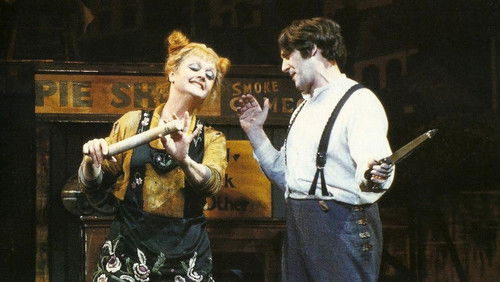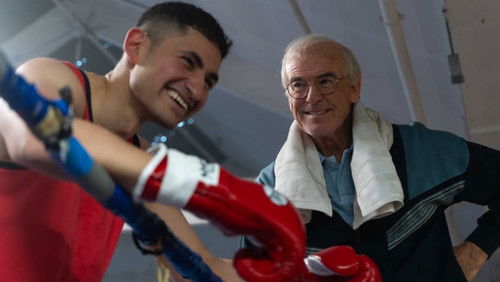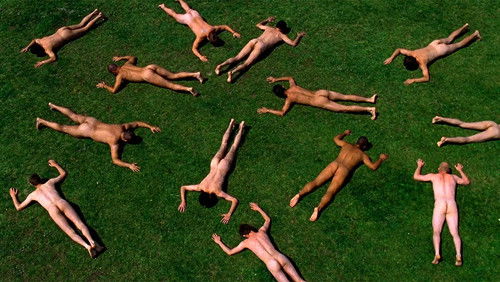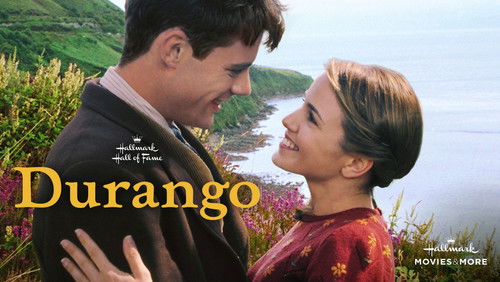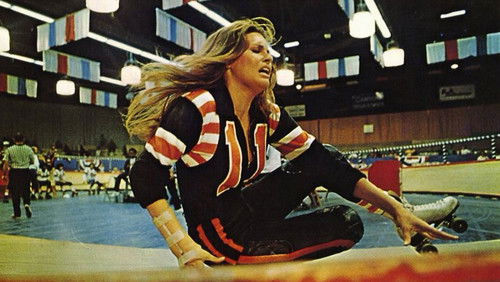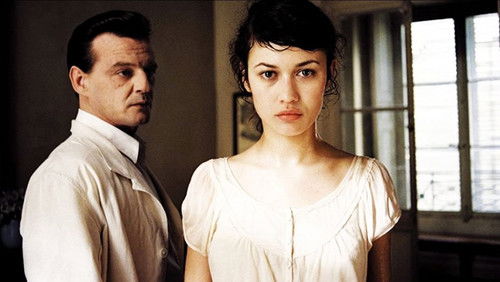Eine Stadt geht durch die Hölle (1955)
31KEine Stadt geht durch die Hölle: Directed by Phil Karlson. With John McIntire, Richard Kiley, Kathryn Grant, Edward Andrews. A crime-busting lawyer and his initially reluctant attorney father take on the forces that run gambling and prostitution in their small Southern town.
“To view the fictionalized biography u0026quot;The Phenix City Storyu0026quot;, I claim, is to enter fields where U.S. filmmakers have seldom ventured, Director Phil Karlson got his directorial assignment on u0026quot;The Untouchablesu0026quot; TV mega-hit series largely on the basis of u0026quot;Kansas City Confidentialu0026quot; and this film; and it has become one of the most admired and most- imitated movies ever made. The rarest feat for US filmmakers seems to be the hero-centered purposeful anti-crime film or TV series; I remind the viewer how mightily u0026quot;Cainu0026#39;s Hundredu0026quot;u0026#39;s and u0026quot;Hardcastle and McCormicku0026quot;u0026#39;s and even u0026quot;the Untouchablesu0026#39;u0026quot;u0026#39; producers had to work to produce anything but episodes devoted largely to the unfictional activities of criminals rather than those of their ethical opponents. This powerful, seminal and very-gritty movie has a style all its own; and its lesson seems to be attention to detail about the opponents and victims of criminal organizations as well as their gang members. There is a twelve-minute prelude to the film, in which reporter Clete Roberts interviews the real participants from the Alabama cityu0026#39;s who had struggled against its corrupt vice gangs. The problem grew out of the presence of Fort Benning across the river, and the nearly century-long existence of vice dens in the area. The film details the return of John Patterson from Germany where he has been a prosecutor. His father, defeated for Attorney general of Alabama, refuses to join his pursuit of the 14th street vicelords despite several provocations including a beating of his son, avenged by Patterson on his tormentor. There are several well-developed characters, including Ellie, who works in one of the clubs and her honest boyfriend, the leader of the syndicate, the Pattersons and Johnu0026#39;s wife, Ed Gage, the vicelordsu0026#39; operatives and Zeke Ward, an honest black man victimized for his opposition to them. The cinematography by Harry Neumann and the art direction by Stanley Fleischer are in B/W and are very much like news-film, adding to the filmu0026#39;s realistic power. Music by Harry Sukman contributes to the film effectively. Writer Daniel Mainwaring and Crane Wilbur produced a swift-paced and straightforward story that divides into parts. Part one illustrates the vicelordsu0026#39; empire from inside one of their clubs, showing the fate of a victim who is beaten and then picked up by police in the pay of the Mob. In part two, Albert Patterson refuses to oppose the leader of the Mob, the intelligent Rhett Tanner. In part three, young Patterson returns and after several incidents including his having to beat up the Mobu0026#39;s head goon to avenge his own beating decides to run his father for Attorney General of the state. His wife is horrified; and the Mob kills Zeke Wardu0026#39;s daughter and dumps the body at Pattersonu0026#39;s house with a warning his children will be next. A few more such incidents, including the loss of a trial in which the Pattersons prove the goon killed a friend of theirs who had found the car implicated in the murder of the little girl, and watch the inquest declare the death accidental, convince Patterson to run, and he wins the Democratic statewide nomination despite the Mobu0026#39;s statist tactics–and is promptly assassinated. John Patterson stops a vigilante crowd from starting open warfare with the 14th Street mob and uses their voices to call the capital and demand martial law for Phenix City. The clubs are closed and equipment confiscated, but not before the girl inside is murdered by the Mobu0026#39;s goon, and Patterson has to be stopped by Zeke Ward from killing Tanner instead of delivering him to the law. The dramau0026#39;s ending is upbeat; but the prognosis for the town is less- sanguine than painted; the mob in fact tried to come back then moved to Tennessee. In this well-acted classic of anti-crime film-making, Richard Kiley is young but very strong as Patterson, playing it without an accent. John Mcintyre as his father is very good, while Edward Andrews as Boss Tanner is award caliber. Others in the cast include Kathryn Grant as the girl inside, Ellie, Jean Carson and Kathy Marlowe as the Mobu0026#39;s women, John Larch as their goon, Biff Mcguire as the young victim, James Edwards as Zeke Ward, Lenka Peterson as Johnu0026#39;s wife, and some good character actors as townsmen and Mob bosses. It is I suggest hard to say enough good things about the realism and lack of posturing in this film; it is certainly one of Phil Karlsonu0026#39;s best directorial efforts. Karlson also did u0026quot;The Scarface Mobu0026quot; later did u0026quot;Walking Tallu0026quot; as well. A sobering and inspiring look at the ease with which complacent citizens of a public-interest democracy can acquiesce to tyranny, and how a few honest men can teach them the need to fight for their rights.”

